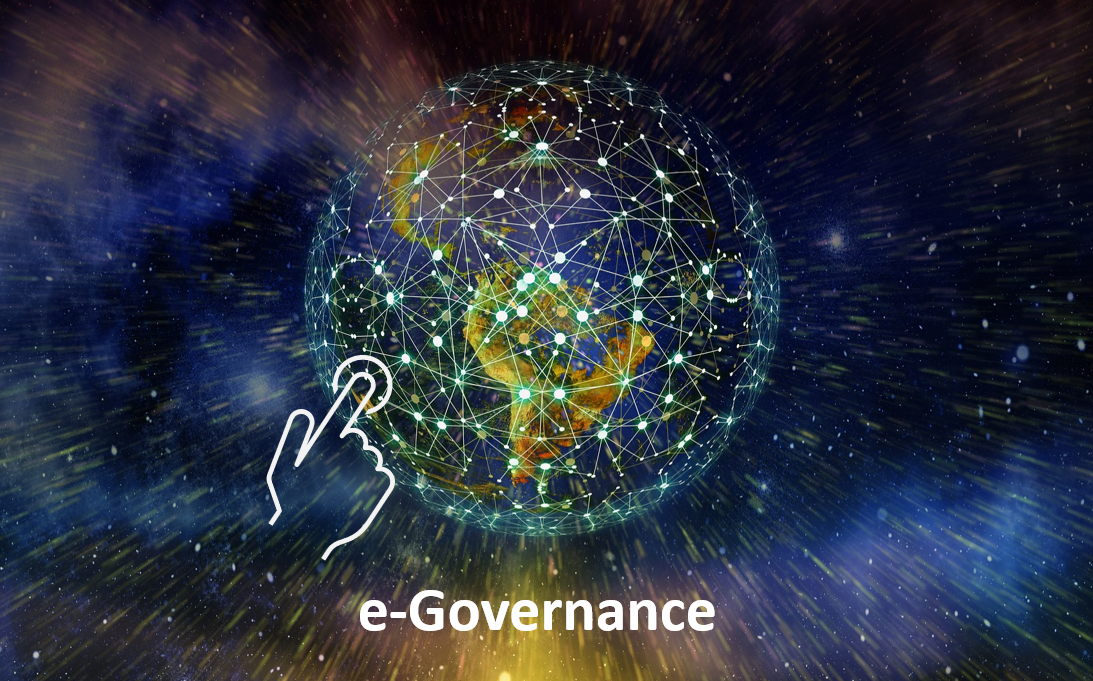Empowering citizens with E-governance
- 25 Jun 2021
 digiflynt
digiflynt- Share

The IT sector has seen tremendous growth over the last few years. It has completely changed the world in all aspects of life. Electronics and telecommunications have become a crucial part of everyone's life. It has opened new ways of transmission, retrieval of information, and storage.
Governments can use the vast applications of electronics and communication technology to empower people in many ways. Such a method is called e-governance.
E-governance- the necessity in West Africa
E-governance is the government's communications and information technology used to exchange information, facilitate government services, communicate transactions, and integrate other services. The importance of technology in the communication and information sector is immense, and that has made the government use it in most decision-making processes of public administration. By integrating this technology into government practices, it ensures the smooth and efficient functioning of the system.
In West Africa, governments realize that their citizens' critical challenges can be solved through substantial citizen participation. Finding solutions to reducing extreme poverty, eliminating gender inequality, empowering women, and improving health are only possible if citizens directly affected by it take part in the process of finding a solution.
The way a specific government works and the way it reinvents the participation of people in the democratic process can be transformed with the help of e-governance. The higher the involvement of citizens in the government's process, the more decisive they will be in their future. It will empower people as well as the government in new ways. The transformation through e-governance will include an evolution of internal processes and working practices of the government. It will let the government be more transparent with its citizens and be efficient and effective at the same time.
Education is an essential element for wholesome growth.
To make sure there is a wholesome growth of citizens, it is essential to identify education as a way to empower people and, through e-governance, ensure their healthy growth. You can digitally transform the institutions by optimizing the learning methods, thus allowing the parents, teachers, and institutions to maintain the proper development of children academically.
ICTs facilitate E-governance
The development in technology offers the government and citizens the ability to address governance issues and development in new and creative ways. Information and communications tools (ICT's) help provide services to most marginalized citizens and help enhance accountability and transparency. If you look at it from a citizen's point of view, you will realize that they benefit from e-governance. Citizens can have access to new communications mediums and thus have a better position in the decision-making of the public policy-making process.
West - African countries are leading in the use of ICT for development and e-governance. Senegal has a leading role in the World Summit of Information Society ( WSIS ), and Ghana and Nigeria are implementing e-governance projects and programs.
E-governance is restricted to advanced countries as ICT's can play an essential role in transforming the role of citizens in governance processes in underdeveloped countries. ICT's in Africa has penetrated the social and political lives of people. Its benefits are vast, and they can be taken advantage of for the vital work of the public sector with maximum citizen participation. ICT's will enable citizens to interact better with elected officials and other people to improve their situations and benefit from the different features of e-governance. In Ghana, ICT was used to promote transparency during elections by monitoring the electoral process.
It will, in many ways, empower people and help them grow. Just as ICTs have penetrated all aspects of human life, we can take advantage to improve people's lives and empower them through e-governance.